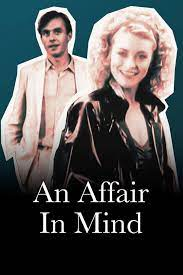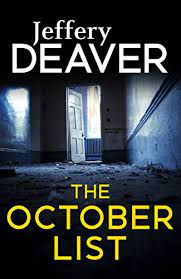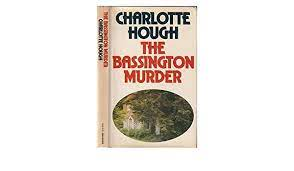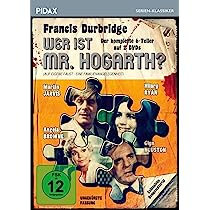I recall reading Ruth Rendell's The Face of Trespass one rainy weekend back in the 1980s. It was one of the first books of hers that I read and I enjoyed it. At the time, I was dreaming of becoming a writer and I was very struck, if not alarmed, by Rendell's description of her protagonist, a writer, whose royalty cheques start to dwindle. In fact, the notion that writing is a tough game in financial terms is the main thing I now remember about the story!
So when I came across a TV movie version of the book that I'd been previously unaware of, I was glad to have the chance to watch it. The new title was An Affair in Mind, which is rather less cryptic than Rendell's title. The screenplay was written by Michael Baker, whose CV includes a few episodes of Poirot.
Stephen Dillane, a good actor, plays Gray Harston, the extremely naive protagonist. He goes to a literary party and is bored by his fellow guests until he spots a beautiful blonde-haired woman. He follows her and picks her up and without more ado they embark on a torrid affair. She is Drusilla Janus (played by Amanda Donohoe) and she's married to a rich man but bored with him.
Soon we stray into Double Indemnity territory as Drusilla seeks to persuade Gray to kill her husband so that the two of them can be together. The script requires suspension of disbelief on rather a massive scale. As far as I can recall, the novel seemed more plausible. But the story is good enough to keep one entertained, despite the various improbabilities.

.jpg)






















